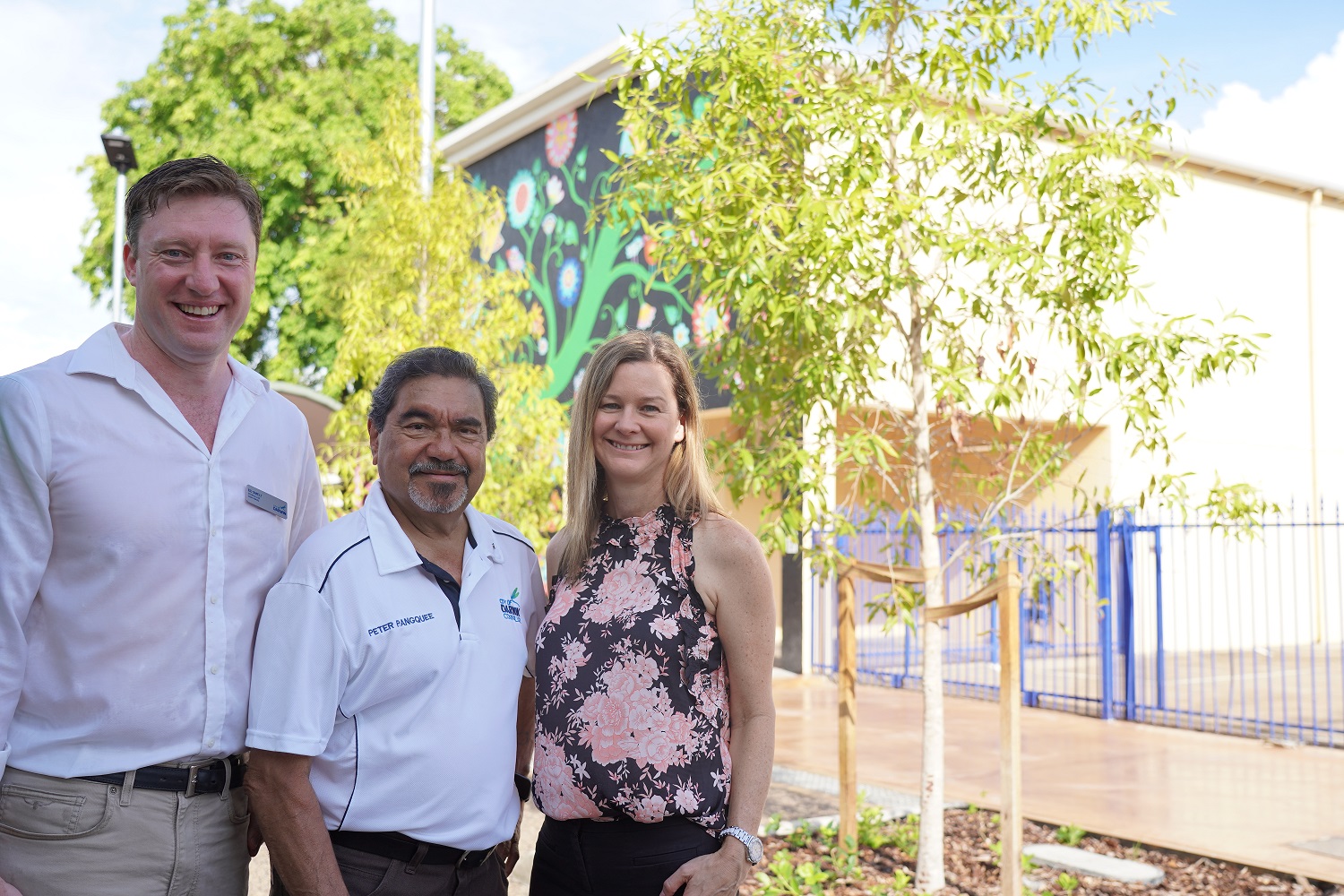Data from popular home genetic-testing kits could help scientists shed light on why some people who catch coronavirus have no symptoms while others become very ill.
Edinburgh researchers are asking people who have used DNA testing services – such as Ancestry DNA, FTDNA and 23andMe – to gain ancestry or health insights to join a study that aims to identify key genes involved in the body’s response to the infection.
Understanding the effect genes have on susceptibility to Covid-19 could aid efforts to tackle the pandemic, and help combat future disease outbreaks, researchers say.
³Ô¹ÏÍøÕ¾ testing
More than 30 million people worldwide have used genetic testing services. Researchers are urging them to share their DNA data to help speed up discoveries that could help fight the virus.
By providing these data, volunteers will help the team avoid the costly, time-consuming task of collecting the hundreds of thousands of DNA samples that would otherwise be needed to map the genes involved.
Volunteers who have not used these services will also be able to provide the project with DNA, once current lockdown restrictions have been eased.
Get involved
To volunteer for the study, visit:
Key genes
The team aims to identify genes that influence the risk of developing Covid-19 and those that affect disease severity, by comparing volunteers’ symptoms – or lack of them – with their DNA.
Those taking part in the study – called Coronagenes – will complete online questionnaires about their health, lifestyle and any symptoms they have experienced, such as fever or a persistent cough.
Updating the survey before, during and after an infection will help scientists detect any patterns that might indicate how the virus progresses.
Researchers also aim to analyse the long-term health consequences of infection and self-isolation.
Some people suffer no ill effects from coronavirus infection, yet others require intensive care. We need to identify the genes causing this susceptibility, so we can understand the biology of the virus and hence develop better drugs to fight it.
Time is of the essence. To identify the genes that explain why some people get very sick from coronavirus and others don’t, we need the solidarity of a large proportion of people from different countries who can share their DNA testing results with us. In this case, size really matters.
The study is supported by the Medical Research Council, Biotechnology and Biological Science Research Council, Health Data Research UK and Wellcome Trust.








